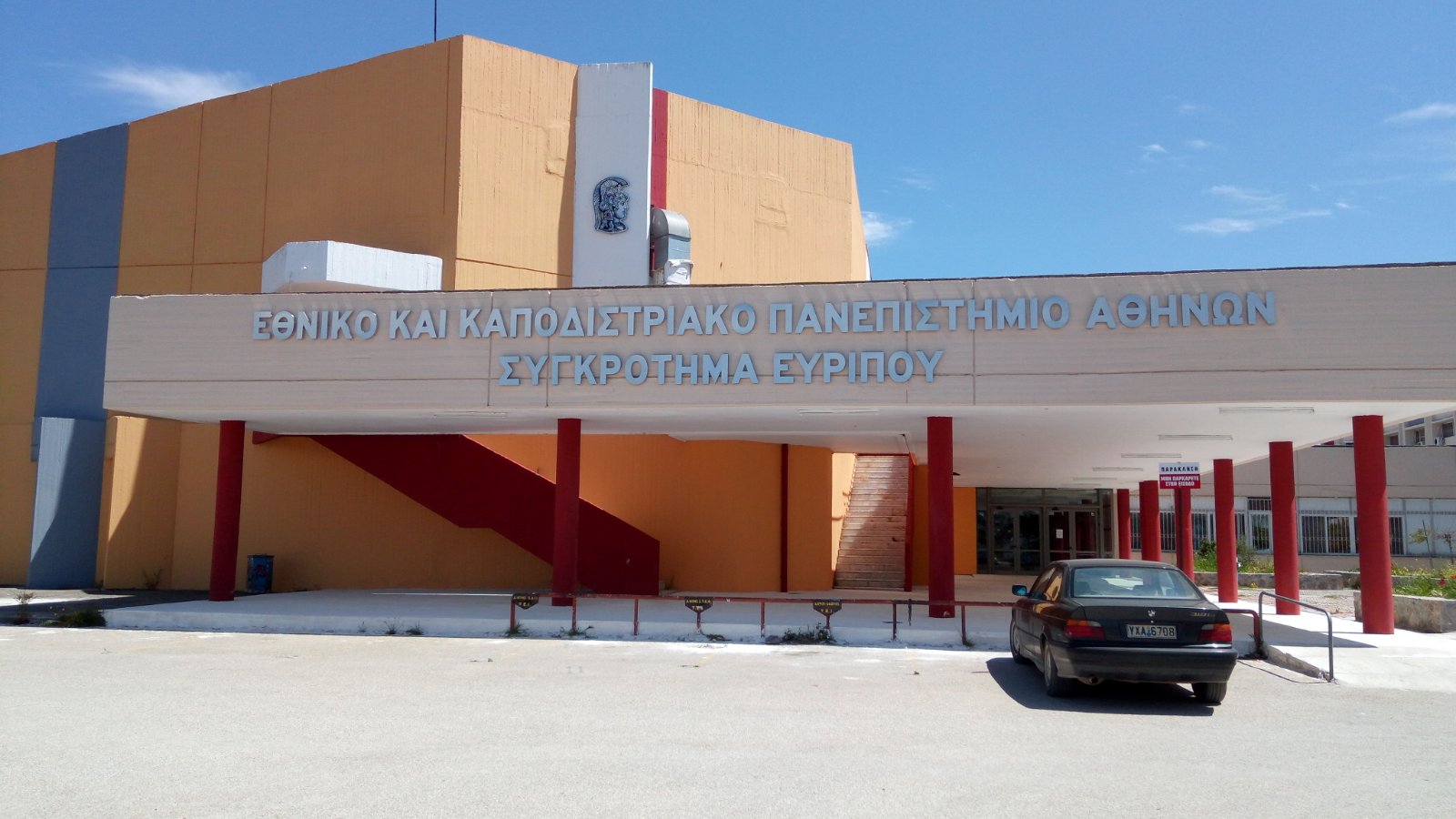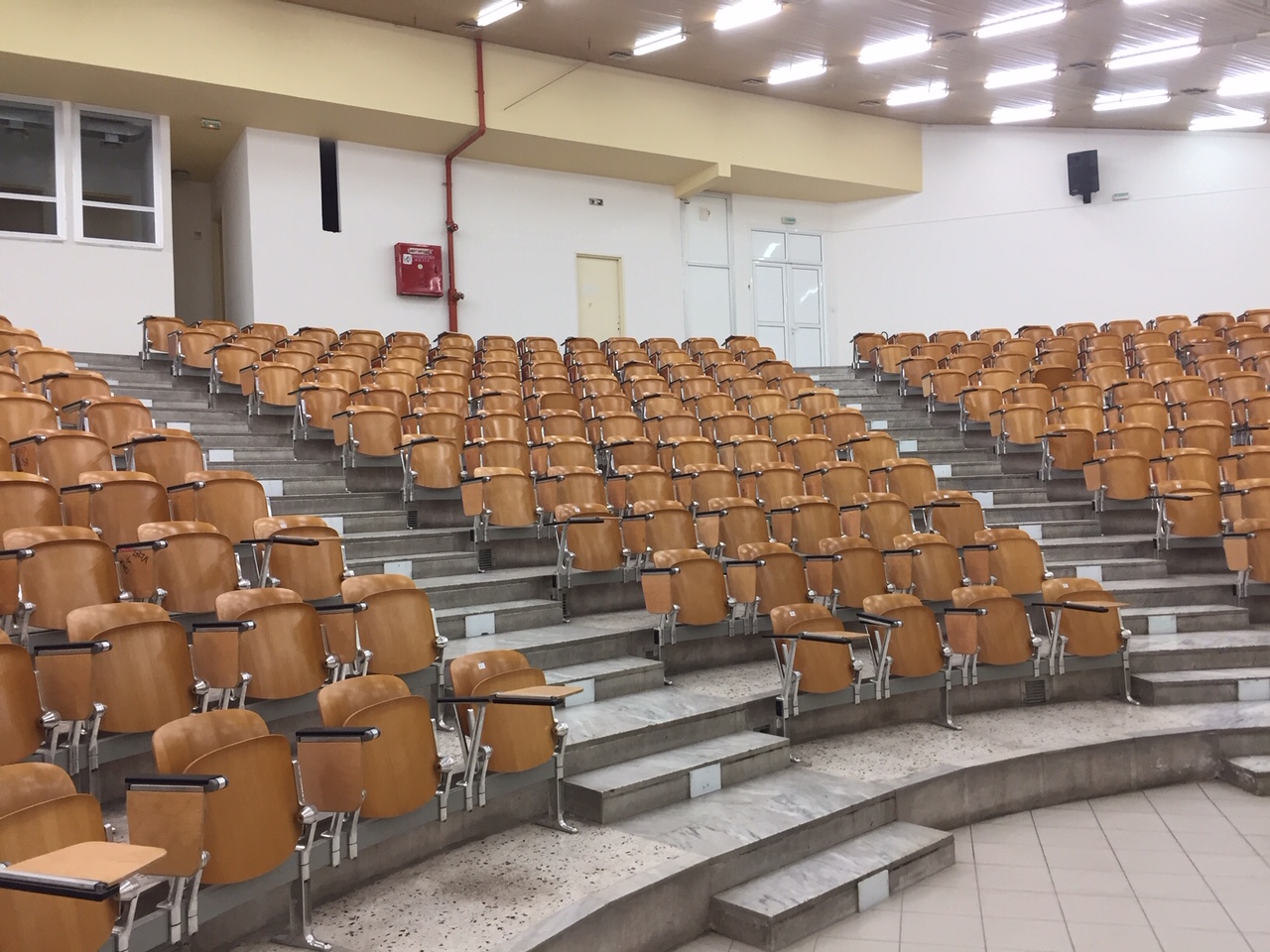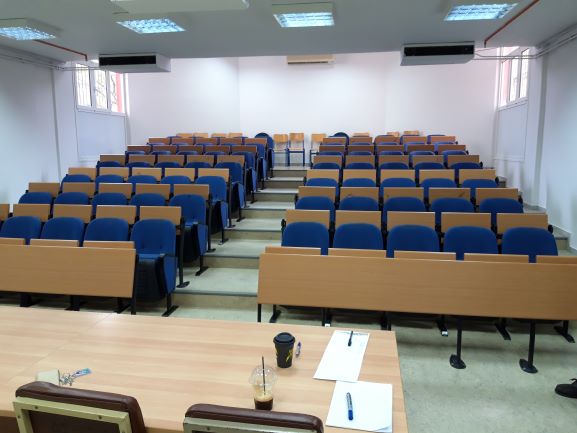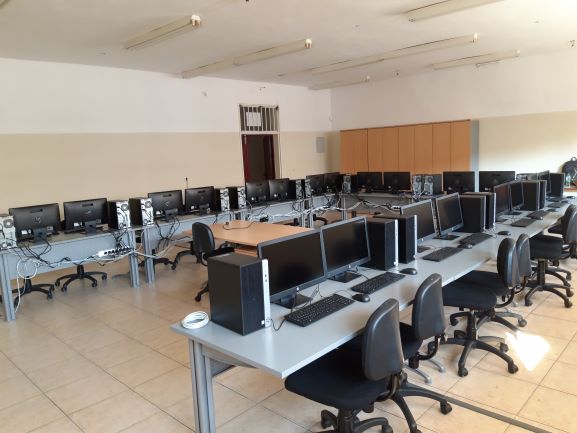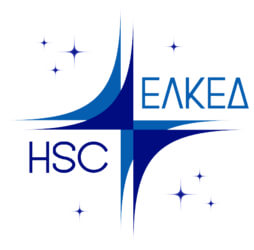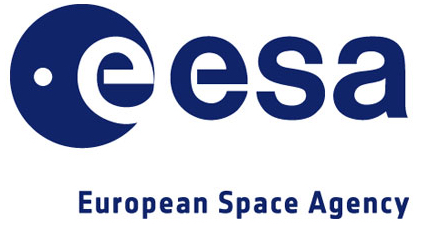The Department
- Home
- The Department
The scientific objective of the department
The objective of the newly established department is to offer a substantial and targeted innovative Undergraduate Program. This program aims to impart the necessary knowledge so that our graduates can meet the demands of the emerging scientific challenges and technological requirements of space technology. Our goal is to contribute significantly to the development of the national economy by fulfilling the increasing need for trained human resources, as identified in collaboration with the Hellenic Association of Space Technology & Applications Industries (HASTAI).
The Department of Aerospace Science and Technology (AST) belongs to the School of Sciences of the National and Kapodistrian University of Athens (NKUA). It is a new department created in line with NKUA's strategy to expand its undergraduate study offerings, leveraging the knowledge and high-tech experience gained over the past 15 years through participation in space programs and missions with the European Space Agency. Our department is committed to excellence, innovation, and up-to-date educational trends.
The new AST Department is the only one of its kind in Greece in the field of Aerospace, with a distinct role, character, and specific goals directly related to the needs of the country's industry, defense, and economy. Its mission includes fostering a new highly trained workforce equipped with digital skills. The department has been built from scratch with a high-level staff of faculty members and experienced, as well as early-career, scientists from abroad — a true demonstration of brain gain.
The purpose of the new Department is the substantial and targeted offer of an innovative Undergraduate Program (undergraduate Program) that provides the necessary knowledge, so that the graduates of the Department are able to meet the demands of the new scientific challenges and technological requirements of space technology. to contribute maximally to the development of the national economy by covering the increased needs for trained human resources, as they are recorded in collaboration with the Hellenic Association of Space Technology & Applications Industries (HASTAI).
The Department of Aerospace Science and Technology (AST) belongs to the School of Sciences of the National and Kapodistrian University of Athens (NKUA). This is a new Department created in the framework of the design of NKUA for the expansion of the cognitive objects offered for undergraduate studies based on the know-how and the high technological weight that has been acquired in the last 15 years from the participation in space programs and space missions. European Space Agency, excellence, innovation and modern educational trends.
The new AST Department is unique in Greece in the field of Aerospace with a distinct role, character and specific goals directly related to the needs of industry, defense and economy of our country, the creation of a new highly trained workforce with new digital skills (https://youtu.be/PcgPQYNoD2c). The new department has been created from scratch with new high-level staff (Faculty members), experienced and young scientists from abroad (brain gain).
The new Department of Aerospace supports the creation, development, design, and use of technologies and applications in the following sectors:
-
Satellite communications and links, satellite navigation, radar systems, Earth remote sensing and monitoring, digital signal and image processing, architecture of reliable digital systems, electronics and automation, and satellite systems.
-
Applications such as the development of telecommunications in new technologies like 5G and 6G, telecommunications from low Earth orbit satellites, environmental and climate change monitoring, precision agriculture, emergency prevention (e.g., floods, forest fires), and 'smart' cities, etc.
-
Satellite system technologies, design and construction of satellite space missions, space instruments, unmanned vehicles (UAV, UGV), and state-of-the-art robotic systems.
Career Opportunities
Based on official data from the Hellenic Association of Space Technology & Applications Industries (EVIDITE), Greece's exports in the aerospace sector surpass 150-200 million Euros per year, demonstrating a substantial need for a specialized workforce in this sector.
Graduates from our Department have significant career prospects in both the private and public sectors. They are equipped to work in a variety of areas, including but not limited to satellite communications, satellite navigation, radar systems, Earth remote sensing and surveillance, digital signal and image processing, architecture of reliable digital systems, and electronics, as well as development of telecommunications in emerging technologies like 5G-6G, environmental and climate change monitoring, precision agriculture, emergency prevention measures (e.g., flood and forest fire response), and 'smart' city infrastructure development.
Our graduates also have job opportunities in the design, analysis, implementation, monitoring, operation, and evaluation of software/hardware systems, applications, services, and high-tech products, as well as in telecommunication and satellite service companies. Additionally, they can engage in teaching (under the ESA ESERO program), scientific and technological research in aerospace, and the development of innovative start-ups (via the ESA BIC program, Egg Incubator).
They can find employment opportunities in the fields of satellite systems, design and construction of satellite space missions, space instruments, unmanned vehicles (UAV, UGV), and advanced robotic systems. Our graduates are also sought after by national and international organizations such as the Hellenic Space Center, European Space Agency, EUMETSAT, EU Space Programs Agency, and the European Defense Agency, among others.
Aerospace Sector: Its International, European, and National Context and Interconnection with Economy and Society
Aerospace Science & Technology Department - Introduction
Administration
The governing bodies of the Department are the Department Head, a single person body, and the Department's General Assembly, a collective body. The Department Head is elected by all faculty members of the Department. They preside over the Department's General Assembly and participate in the Board of the School of Sciences.
The General Assembly (GA) of the Department comprises all faculty members of the Department. Additionally, the GA includes one student representative, who is elected (along with their deputy) by the students of the Department themselves. The GA also features a representative from the Special Technical and Laboratory Staff, as well as a representative from the Laboratory Teaching Staff.

